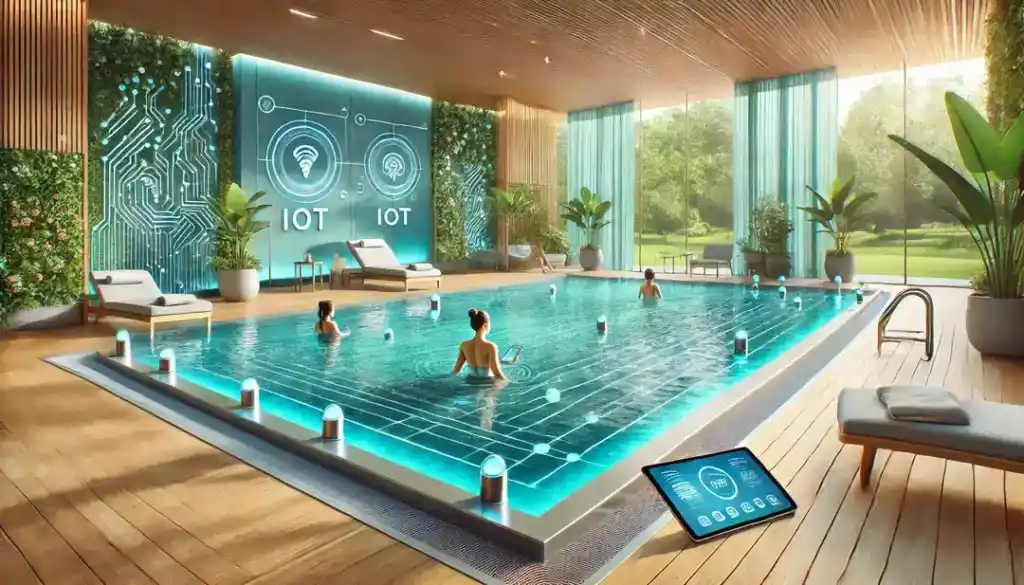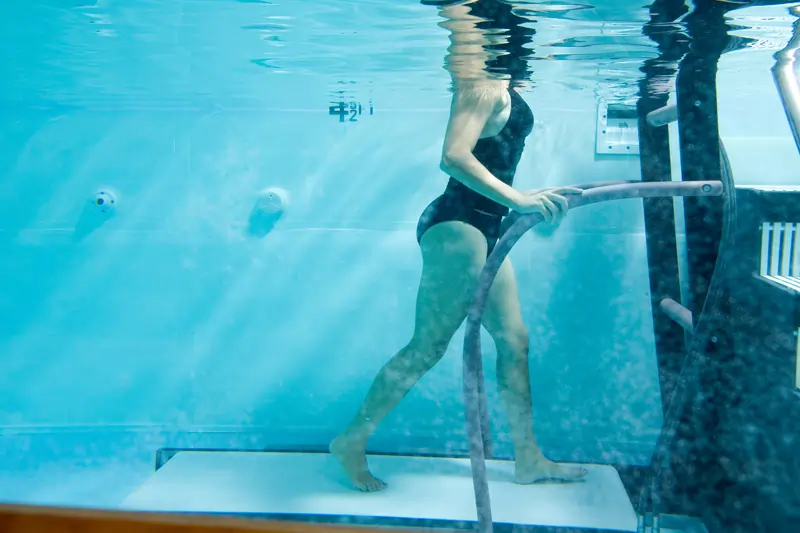The integration of technology into healthcare has revolutionized various fields, and aquatic therapy is no exception. The advent of Internet of Things (IoT) and automated systems is transforming hydrotherapy pools into intelligent environments that enhance patient care, safety, and efficiency.
Understanding Hydrotherapy
Hydrotherapy, or aquatic therapy, involves the use of water for therapeutic purposes. It is often prescribed for individuals with musculoskeletal injuries, chronic pain, neurological conditions, and other health issues. The buoyancy of water reduces joint stress, while the water resistance provides a unique environment for strengthening muscles and improving mobility.
The Role of IoT in Hydrotherapy Pools

IoT technology involves connecting physical devices to the internet, enabling data collection and remote monitoring. In hydrotherapy pools, IoT devices can be utilized to:
- Monitor water quality: Sensors can continuously measure water temperature, pH levels, chlorine content, and other parameters to ensure optimal conditions for patient safety and comfort.
- Track patient vitals: Wearable devices or in-pool sensors can monitor patients’ heart rate, blood pressure, and oxygen levels during therapy sessions.
- Control pool environment: IoT enables automated control of water temperature, lighting, and even music to create a relaxing and therapeutic atmosphere.
- Optimize energy consumption: Smart systems can adjust pool operations based on occupancy and weather conditions to reduce energy costs.
Automated Systems for Enhanced Safety and Efficiency
Automation plays a crucial role in improving the safety and efficiency of hydrotherapy pools:
- Lifts and transfer systems: Automated lifts and transfer systems facilitate patient entry and exit from the pool, reducing the risk of injuries for both patients and staff.
- Water filtration and cleaning: Automated filtration and cleaning systems maintain optimal water quality with minimal human intervention.
- Emergency systems: Automated emergency systems, such as alarms and automatic water level control, can quickly respond to unexpected situations.
- Data analysis and reporting: Automated systems can collect and analyze data on patient progress, pool performance, and energy consumption, providing valuable insights for healthcare providers.
Benefits of Smart Hydrotherapy Pools
The integration of IoT and automation in hydrotherapy pools offers numerous benefits:
- Improved patient outcomes: By optimizing water conditions, monitoring patient vitals, and providing personalized therapy experiences, smart pools can enhance treatment effectiveness.
- Enhanced safety: Automated systems reduce the risk of accidents and injuries, creating a safer environment for patients and staff.
- Increased efficiency: Automated tasks and data-driven insights streamline operations and improve resource utilization.
- Cost savings: Energy-efficient systems and reduced maintenance requirements can lead to significant cost savings.
Finding Smart Hydrotherapy Pools Near You
For those interested in exploring these advanced hydrotherapy options, a good starting point is to search online using keywords like “hydrotherapy near me” to find facilities that offer smart hydrotherapy pools. Local senior centers, rehabilitation facilities, and wellness centres may also provide information on the availability of these technologically enhanced services.
As technology continues to advance, we can expect even more innovative applications in hydrotherapy pools. By harnessing the power of IoT and automation, healthcare providers can deliver exceptional aquatic therapy experiences and significantly improve the quality of life for their patients.


































